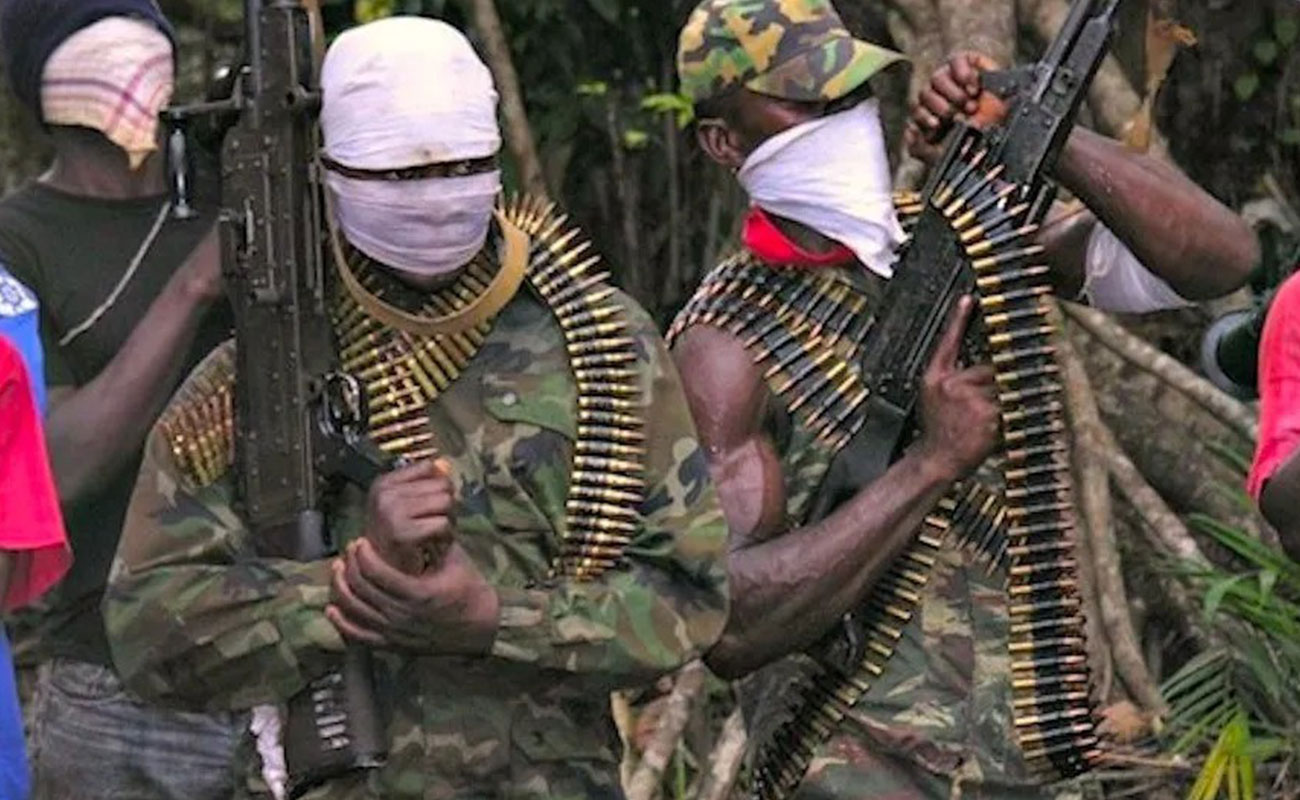
By Oluwaseun Taiwo
The emergence of Lakurawa, a new terrorist group in Nigeria’s North-west, marks a troubling escalation in the region’s security challenges. This threat adds to the devastation already caused by bandits and other armed groups, deepening the insecurity that has plagued states like Sokoto, Kebbi, Zamfara, and Katsina. The group’s presence and operations signal a growing threat not only to Nigeria but to the stability of the broader West African region.
Who are the Lakurawa?
The name “Lakurawa” is believed to have been derived from the Hausa term associated with itinerant or nomadic groups, symbolizing their transient nature and movement across borders. It reflects their origins as a group of infiltrators initially posing as herders before their transformation into a terrorist organization.
Lakurawa is composed of a mix of foreign fighters and local recruits. Many of its members reportedly comes from Algeria, Mali, Libya, and Niger, with some integration of locals from northern Nigeria, particularly in Sokoto and Kebbi states. The group includes Tuareg and Fulani elements, leveraging existing trans-Sahelian connections. Their belief system is said to be rooted in extremist Islamic ideologies, promoting a rigid interpretation of Sharia and jihadist principles.
Lakurawa is believed to have started from the Republic of Niger, with its rise tied to the recent military coup in that country. The breakdown of joint military operations between Nigeria and Niger, following ECOWAS-imposed sanctions, is said to have created a vacuum that allowed the group to infiltrate northern Sokoto and Kebbi states. Operating with strict Islamic ideologies, Lakurawa has exploited local grievances and poverty, offering substantial financial incentives to recruit members and engage locals as informants. This strategic exploitation has enabled them to establish a foothold in areas already weakened by years of banditry and lawlessness.
What are their Methods?
Recent reports highlight the group’s brutal methods, including a recent attack on Mera community in Kebbi State, which left 17 people dead. Such incidents compound the suffering of residents, who are already grappling with widespread killings, kidnappings, and economic hardships. The Lakurawa group primarily targets vulnerable rural communities, worsening existing security threats and undermining local governance structures. With recruitment offers as high as N1 million for fighters and as low as N10,000 for informants, they lure desperate individuals into their fold, perpetuating cycles of violence and poverty.
What are the Domestic and Regional Security Implications?
The implications of this new group extend beyond Nigeria’s borders. Their activities threaten regional stability in a part of West Africa already struggling with extremist groups like Boko Haram and ISWAP. Economically, the insecurity they foster disrupts agriculture and trade, leading to food shortages and worsening poverty in affected areas. The group’s cross-border links with countries like Niger, Mali, and Libya further complicate efforts to contain them, as their operations exploit the porous borders of the region.
One of the most troubling aspects of the Lakurawa phenomenon is the role of political and traditional leaders in enabling their rise, whether through negligence or complicity. Reports suggest that some local leaders initially invited the group into their communities to counter banditry, a decision that backfired catastrophically. This reflects a broader trend in Nigeria, where communities, out of desperation, turn to non-state actors for protection. Such actions, while understandable, often lead to the unintended empowerment of groups with more nefarious agendas.
The government’s response so far has been reactive, with military deployments following major attacks. However, this approach fails to address the root causes of the group’s emergence, such as poverty, weak governance, and a lack of coordinated intelligence. Internal divisions, such as the cold war between Sokoto State’s governor and the Sultan, further hamper effective responses. Such political rivalry must be set aside in favor of unified efforts to combat this growing threat.
The rise of Lakurawa also raises questions about the long-term implications for Nigeria’s national security strategy. Can the country afford to prioritize regional political alignments over domestic security? Are there lessons to be learned from the failures of past administrations? These questions demand honest reflection and decisive action. Failure to address these challenges risks allowing Lakurawa to become another entrenched threat, like Boko Haram, with devastating consequences for Nigeria and West Africa.
The current trajectory of insecurity in the North-west suggests a grim future unless urgent and coordinated actions are taken. Lakurawa’s rise is a wake-up call for all stakeholders, government, traditional institutions, and civil society to recognize the scale of the threat and act collectively. The stakes are too high for inaction.
